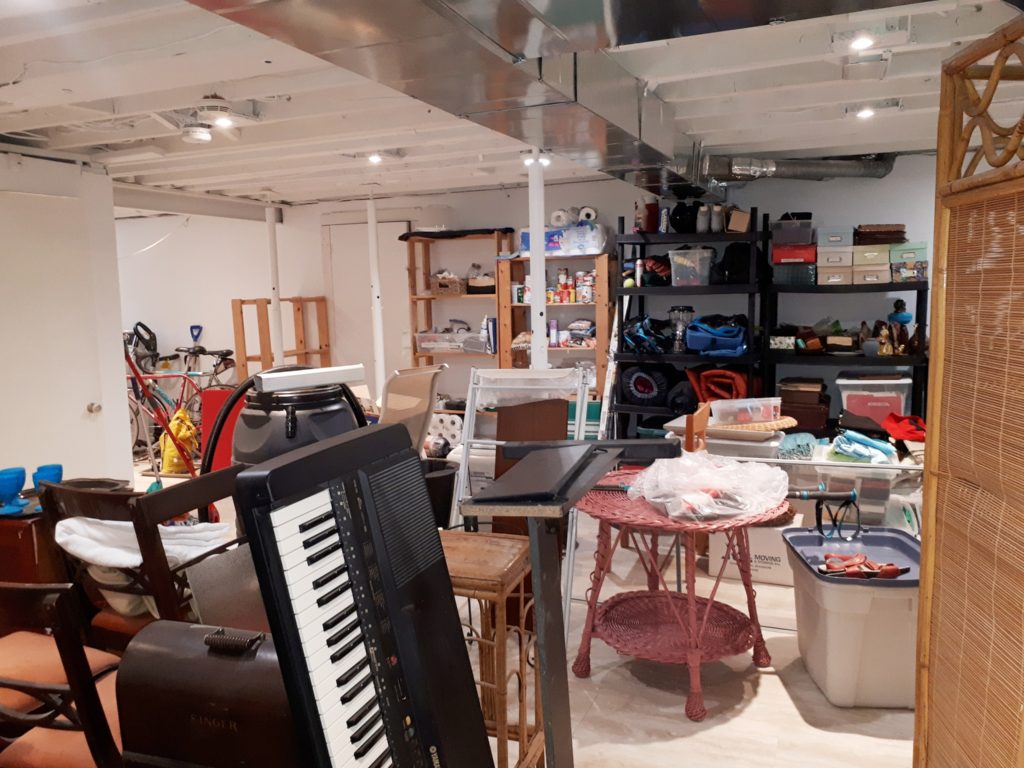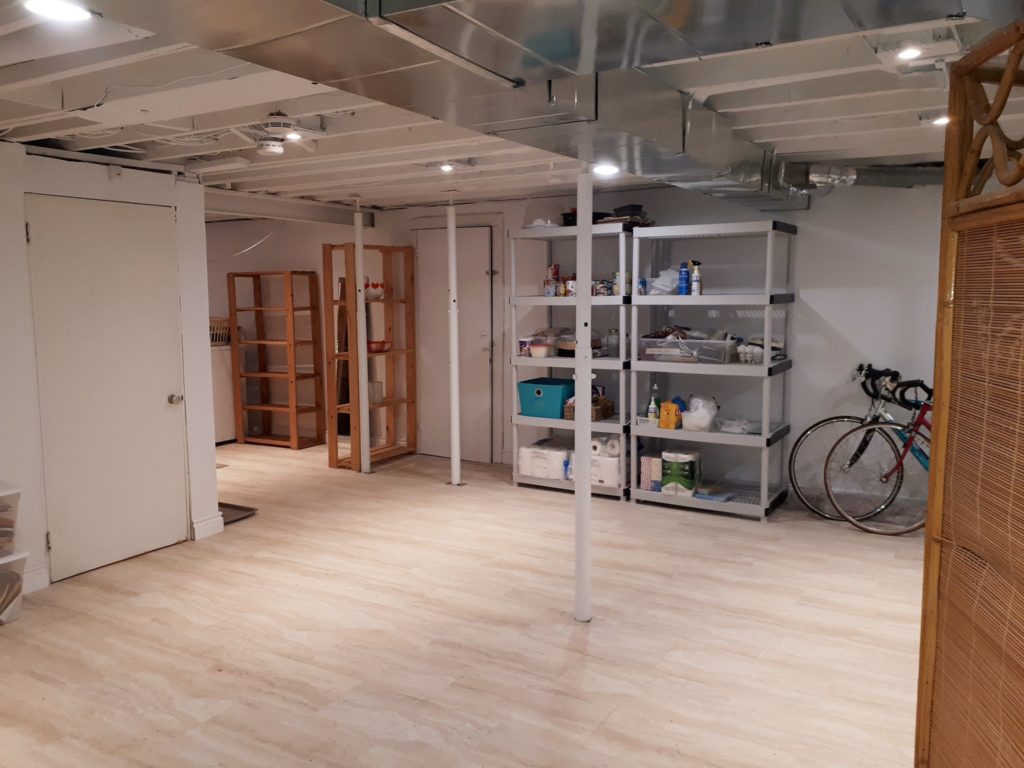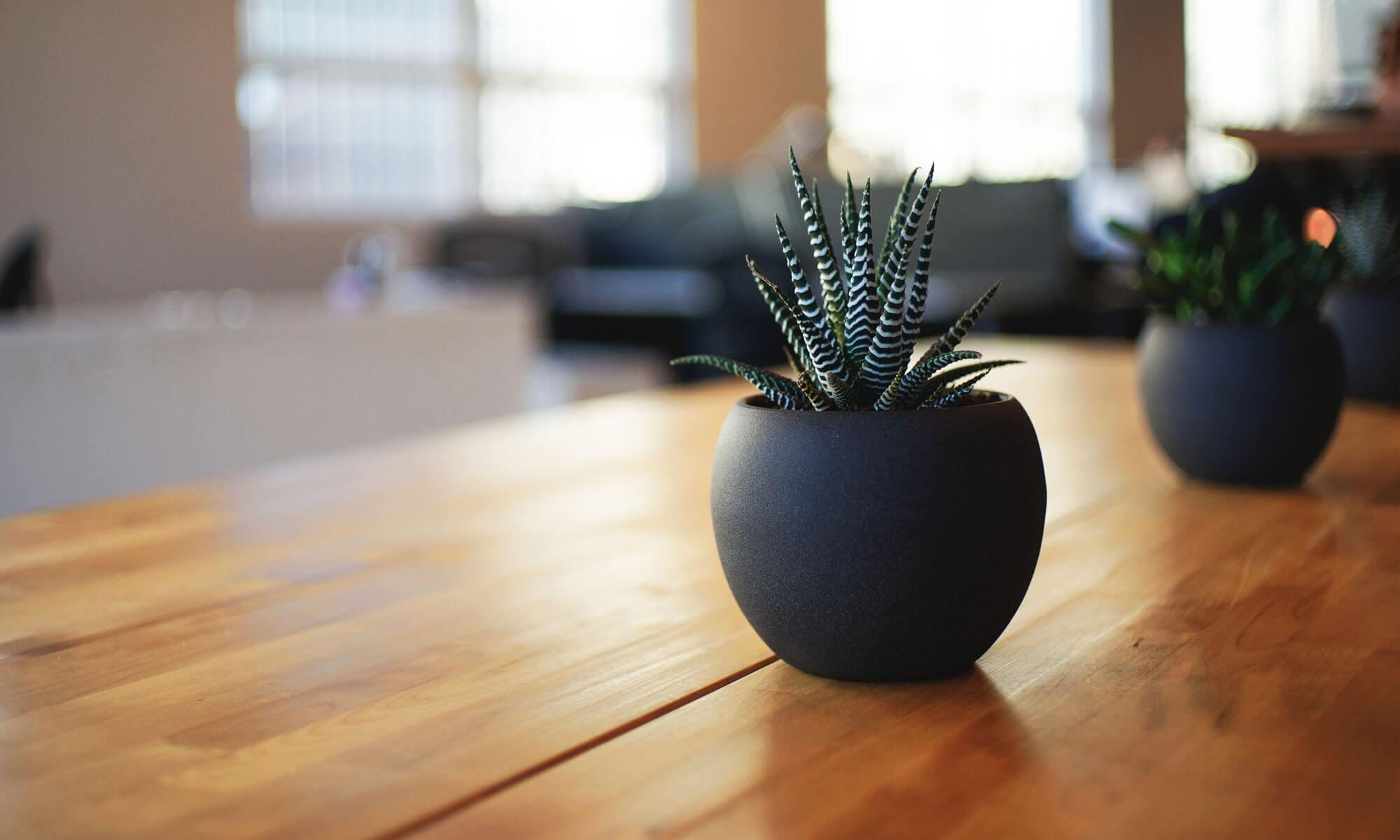We’ve all been staring at the same 4 walls for many months now. And staring daily at 4 walls is one thing; staring at those 4 walls and your clutter every day is quite another.
Unopened boxes filled with memorabilia stacked in the back of your basement. Mystery bins in the pantry. A coat closet with a black hole that swallows mitts, gloves and the occasional boot. A guest room that has become the family dumping zone for all-things-with-no-home. A garage that is more of an additional storage shed than a place to park your car. And kitchen cupboards that repeatedly defy your organizational attempts. Sound familiar? You are not alone.

BEFORE 
AFTER
Many people think that the issue is that they don’t have enough storage space. Interestingly enough, the problem is rarely about the amount of storage space and more about the amount of stuff. Whether you live in an apartment, a condo or a 3 storey home, the problem of clutter is the same – people think about it, worry about it, move it around and repeatedly try to organize it. In short, clutter causes stress.
And it turns out clutter is not only stressful, it’s also costly. Think about all the storage bins, containers and shelving you’ve bought over time. What about the duplicates you’ve had to purchase when you couldn’t find the original? And think about the money made by storage companies every month. (There’s a very good business reason why these companies are popping up on every corner).
Clutter is also costly in terms of time. Time wasted to be exact. Time spent looking for the library book you wanted to return, the shoes you wanted to reheel, the stamps you bought last week and the tupperware you borrowed. According to R. Eisenberg and Kate Kelly in their book, Organize Your Life, “Clutter is the number one impediment to having more free time. We are drowning in our possessions”.
So if clutter is so stressful, time-consuming and costly why can’t we get a handle on it? Two reasons: over-purchasing and the lack of maintainable systems that work with our busy lives.

BEFORE 
AFTER
Here are a few tips and tricks that might help you conquer your clutter:
One in, one out. For every item you purchase, make a pact with yourself that you’ll discard or donate another item that you no longer need or want.
Would you move with it? If you were to move right now would it be worth packing up and unpacking that box, bag or bin again? Similar to Marie Kondo’s question “does it spark joy”, this question about moving also tries to get to the root of the reason. Why are you hanging on to items that you’ve not looked at in years? The answer will help you discover those items that are truly meaningful and those that you can take a photo of and let go.
Donations that do good. It’s difficult to let some items go because of our sentimental attachment to them. By donating them though you avoid them going into a landfill while giving them a second life with someone less fortunate in our community who really needs those items. With the colder season upon us, coats, scarves, mitts, boots, blankets, and sleeping bags are just some of the items desperately required. You can also sell your items on the GIVESHOP app, receive a tax receipt and have all the proceeds directed to local charities.
The Sunday Sweep. Each Sunday take a bin and walk through each room picking up items that belong somewhere else and then distribute those items accordingly. This 15 minute exercise will not only save you time regarding clean up in general but it will also save your sanity when you are trying to locate an item in the future.
While we are all staring at the same four walls of our homes it’s a great time to take stock of the stuff we have. Perhaps try and declutter one room at a time. Or if you are finding the thought of conquering your clutter too overwhelming, reach out to a professional organizer and declutterer. In a surprisingly short period of time, they will help you determine what to keep and what to let go of. Best of all they’ll create order, give you back functional space and you’ll be able to take big, deep breaths again in those rooms.

